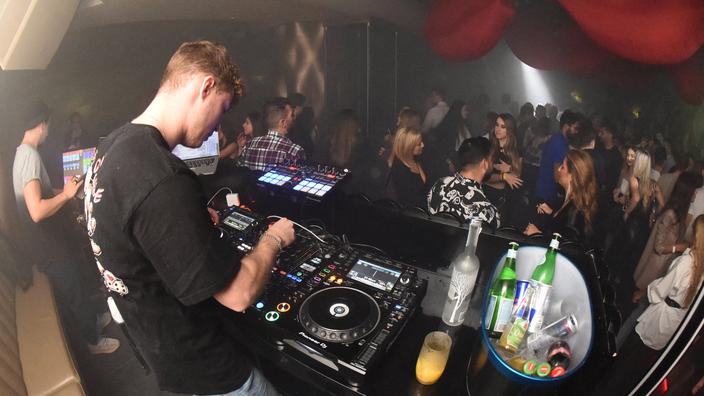The Irish government is currently working to create a universal income for its artists.
Basic
Income for the Arts
is in the pilot phase, but Irish Culture Minister Catherine Martin is passionate about the case.
The Irish government launched an online consultation on 6 January to define the contours of this new aid.
To discover
The Nutcracker,
considered racist, will he survive the era of "cancel culture?"
Read also Nearly 50% of artists lost more than half of their income in 2020
The Minister explains on this occasion that “
this is a political measure that only happens once per generation. A measure that I believe will reshape the arts landscape for many years to come.
(...)
Our rich cultural heritage is one of our greatest assets and our artists weave a sense of identity, creativity and belonging into the fabric of our communities. The intrinsic societal value of culture and the arts has been particularly evident during the pandemic, where they have brought color, light and hope in uncertain times.
The Ministry of Culture and the Arts mentions in this consultation the sum of £ 325 per week (390 euros) paid to musicians, but the file is not yet finalized.
The conditions to be fulfilled to be eligible for this aid have not been established either.
The establishment of a basic income was mentioned from the first weeks of the pandemic, during the creation of the
Arts and Culture Recovery Taskforce
, specifies the BBC.
This working group then recommended creating a basic income over "
a period of three years " in the
"arts, culture, audiovisual, performing arts and events"
sectors .
"
The artists not convinced
On the side of the main stakeholders, the news was received with great caution. Many still have in mind the brutal tightening of the restrictions that had affected them from October 2021. Others keep in mind the at least strained relations with the rulers, long before the pandemic, like DJ Dart , for whom “
it's just a pure parody. Nothing but false promises is all the arts receive from our incompetent government. They are the ones who destroyed this industry and they don't care. They distribute the leftovers for a great public relations blow,
”railed the musician on his Twitter account.
Asked by
Mixmag
, the DJ laments "to
see the article receive such positive comments and pass Ireland off as a progressive country in the field of the arts, when in reality it is quite the opposite.
(...) For years, they left us in the dark, closed our clubs and replaced by hotels.
(...) I fear that Minister Martin's promises will not be followed up on either.
"
Read also Coronavirus: one in three British musicians plans to change jobs
A position shared by the musician union Union Praxis, which estimated in an Instagram post that “
the pilot project should be implemented as a system of regular and unconditional income for artists and workers in the artistic creation sector.
It should be seen as a guaranteed payment intended to protect the livelihoods of artists and not as income paid in exchange for regular work.
"
Help for night professionals
However, the Irish government's plan does not stop at artists. Night establishments are also affected by aid. Catherine Martin explains to the
Irish Times
that her ministry is working on "
minimum grants of around 10,000 euros to support hundreds and hundreds of events with new groups.
" Part of the plan could take the form of later club closures and better transportation service. "
It is obvious that this measure will be implemented after the restrictions of Covid-19, but the objective is twofold: it is to support jobs and businesses in the night economy, but also to support new artists emerging.
"
Read the dossierA year later, the Covid-19 changed my life as an artist
“
If we look at how late we are, look at Berlin where culture thrives at all hours, why does the rhythm of the city have to stop at midnight or one in the morning?
Pleaded the minister.
The reference to the German capital is not trivial.
European and even world capital of electronic music, nightlife in Berlin has been largely affected by Covid-19 and restrictions linked to the virus.
Faced with this situation, club managers recently submitted an application to classify Berlin techno as an intangible heritage by Unesco.
In France, economic protection measures for the cultural sector do not take on such a scale.
A month ago, the Minister of Culture Roselyne Bachelot explained on BFM TV that she was going to “
reactivate whatever costs.
Since then, the virulence of the Omicron variant and the return of gauges have forced a large number of venues and artists to postpone their dates.








